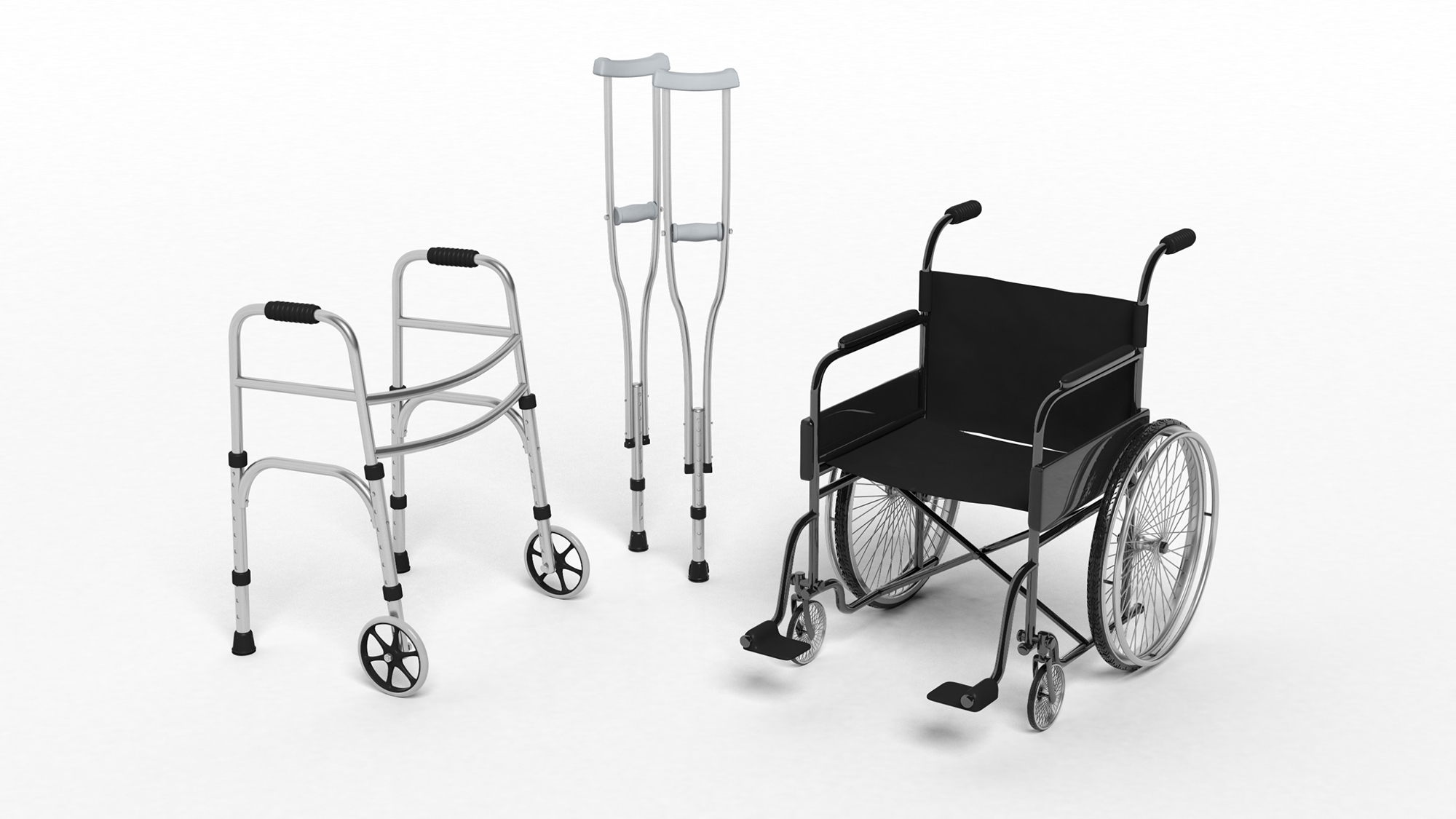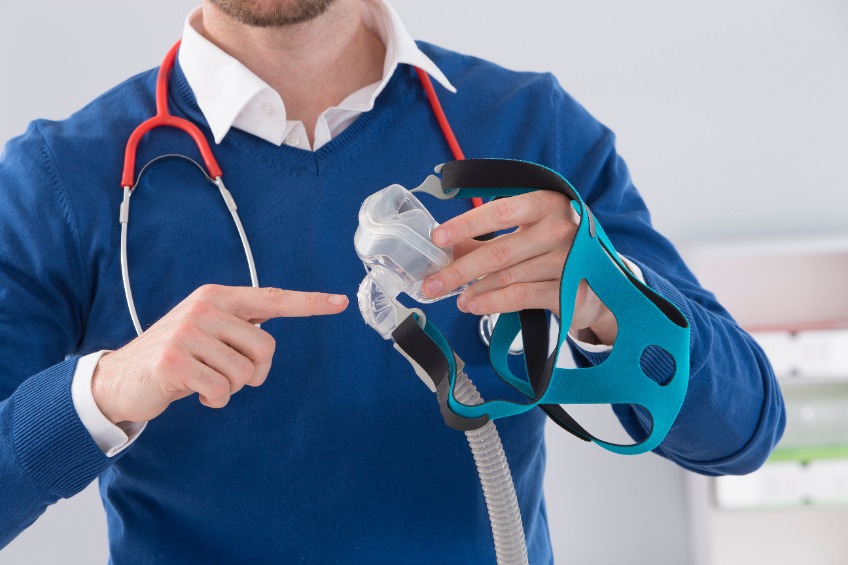A Durable medical equipment supplier provides any medical equipment used in the home to aid in a better quality of living. It is a benefit included in many insurance policies and in some cases covered by Medicare benefits. Types of home medical equipment they offer include Air ionizer, Air purifier, Apnea monitor, Artificial limb, Cannula, Catheter, Colostomy bag, CPAP machine, CPAP masks, CPAP supplies, Diabetic supplies, Drug tests, Glucose meters, Hospital beds, Infusion pump, Feeding tube, Nasal Cannula, Nebulizer, Oxygen concentrator and cylinder, patient lift, walkers, ventilators, wheelchairs. and more.
We serve the CEU Educational Needs of DME Companies and their Staff
SleepEdu.org offers a DME Compliance Program for DME Suppliers’ staff to acquire and maintain license requirements.
What is a Durable Medical Equipment company?


How to Start a DME Business
- Create a business entity with an EIN, insurance, business address and location, all that meets the Medicare Supplier standards.
- Obtain county and state licensing
- Obtain DME licensing which includes onsite inspections, creating a customized policies and procedure manual.
- Obtain Medicare DMEPOS accreditation from a CMS-approved organization
- Enroll in the Medicare program as a DMEPOS supplier with an 855S Medicare Enrollment Form, Pay the Medicare Application fee, Medicare PTAN, and prepare for the Medicare onsite inspection.
- Post a surety bond to their enrollment contractor. DMEPOS suppliers are required to post a surety bond in the amount of $50,000 for each NPI they maintain.
- Work With Your Enrollment Contractor and check in with them regarding the status of your application
- Keep your information current to avoid having your Medicare billing privileges revoked, be sure to report any change within 30 days.
How do you become a DME Specialist and what are staff requirements?
Certified DME specialists are highly valued in the industry as an assurance to patients and as trusted sources of professionalism and quality care.
- A DME specialist provides basic repairs, training, troubleshooting, home inspections for DME products like oxygen, transfer systems, feeding systems and wound care.
- Medicare human resources management standards require that technical personnel be knowledgeable, competent, and trained to deliver products. A CDME will provide additional assurance of compliance.
- To be eligible to take the DME certification exam, an applicant must have a high school diploma or equivalent. An eligible candidate will have a verifiable minimum of 500 hours (approximately 13 weeks of full-time work) of documented experience at a DME facility. For auditing purposes, candidates should maintain and keep readily available attestation from a supervisor.


What are the job duties of a DME Technician?
- A DME Technician is responsible for a facility’s durable medical equipment.
- Duties include selecting and ordering equipment and ensuring equipment delivery to facility and appropriate users.
- Being a DME Technician tests and maintains equipment to ensure proper functionality. DME Technicians provide training on use of equipment.
- JOB REQUIREMENTS: a high school diploma or its equivalent. Typically reports to a supervisor or manager. The DME Technician may require 0-1 year of general work experience. Possesses a moderate understanding of general aspects of the job. Works under the close direction of senior personnel in the functional area.
- AVERAGE SALARY: $32,938 to $39,164
Why do DME Technicians and Staff need Continuing Education?
- Continuing education is a key factor for success in the Durable Medical Equipment, Prosthetics/Orthotics, and Supplies (DMEPOS) industry, not only because it is a requirement but also because it directly impacts quality of care and employee engagement.
- DME providers show their commitment to care for their patients and staff, as well to governing organizations by providing continuing education and training opportunities.
- Having a comprehensive continuing education strategy helps your company stand out and contributes to your success.
- Investing in continuing education sets your brand apart from your competitors, in providing superior patient care but also in retaining a knowledgeable and loyal staff.
Mandated continuing education and training set the bar for minimum requirements at all levels of DMEPOS operations. These are set by governing bodies and payors, such as the Office of the Inspector General (OIG), Occupational Safety and Health Administration (OSHA), accreditation organizations, and the Centers for Medicare & Medicaid Services (CMS).

0
+
How Many DME Suppliers in the US
0
+
How many DME Suppliers in Canada
0
+
Market Size in US for DMEs


